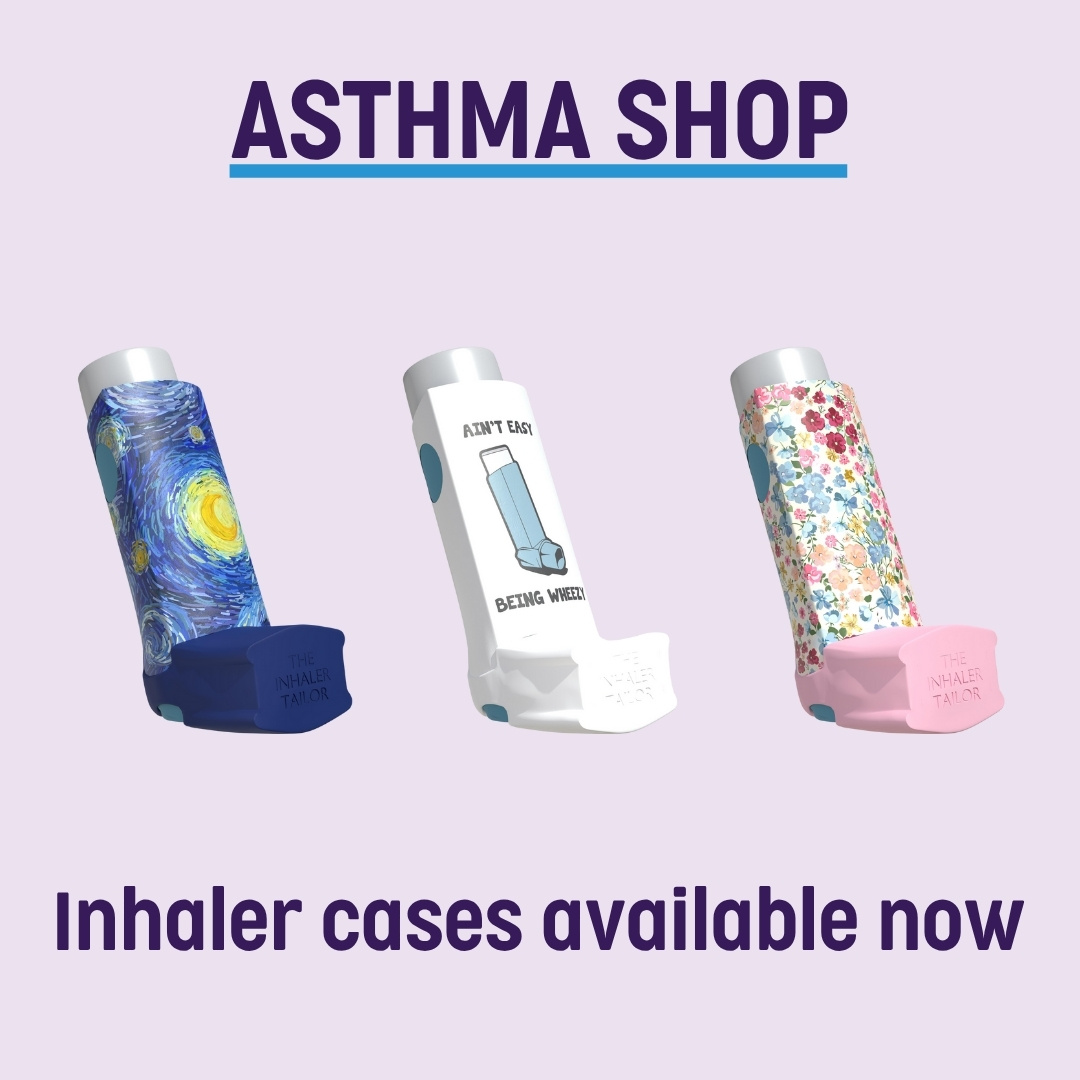Cough Cough, it’s my asthma not COVID-19
People with asthma can have a dry cough and having asthma often comes hand in hand with hay fever, which causes sneezing and a runny nose, similar symptoms to a cold.
But how do you deal with having these symptoms amid a Coronavirus pandemic? If this is you or your child, here is how you can help support them in public.
Any cough, sneeze or tissue to the nose, no matter how discrete, can quickly label you as public health risk right now.
Doctor’s surgeries may screen you or your child depending on whether you have a cough (even if it is from asthma).
We’ve talked with a respiratory clinician from Sir Charles Gardiner Hospital in Western Australia, Dr John Blakey about how to deal with having a dry asthma cough and/or allergy; and when to know if symptoms do change into something more sinister.
“People might find themselves challenged by how cough and other symptoms are perceived in public, like in pharmacies or commercial outlets. For people with asthma and hay fever, a dry cough can be normal. Under these circumstances we would encourage people to keep it simple, be transparent about their cough and be willing to say, ‘it’s my normal asthma cough’.” – Dr Blakey.
We think it’s great to be transparent about asthma. But we understand that social perception can be challenging right now, especially if you do cough or sneeze in public. Children may not be so good at telling people that it is their asthma/allergy cough or feel comfortable about explaining their symptoms.
If this is you, we encourage you to follow the public health measures developed by the Department of Health. Cough and sneeze into your clothing, your elbow, sleeve, tissue, or handkerchief. You don’t want to spread anything by accident, even if you think you’re healthy so you should always have some form of physical barrier with you and be sure to use it.
This will help reduce public anxiety, particularly if you don’t have time to explain that you have asthma when out doing the shopping or when you are attending essential appointments.
It is not uncommon for us to forget about our hay fever when we’re dealing with asthma and this could compound the problem. If you have hay fever, speak to your doctor or pharmacist about the best way to treat it. For many people, saline-based sprays can be effective. Others might need intranasal anti-inflammatory treatment or antihistamines. It’s important to discuss the options with your treating health professional to get it under control. Hay fever treatments usually need to be taken on a regular basis alongside asthma medications. Children may like to have a little canister of hand sanitiser in their pocket to use when out and about. Sanitising hands in public, especially after a cough or sneeze, can be a reassuring thing to see for people who are worried during this time. Refilling small bottles from a larger container of sanitiser is helpful if stocks are low.
People who anticipate significant problems with their asthma cough or other symptoms might seek a letter from their health professional to explain their symptoms. This can be helpful when visiting loved ones, attending appointments or when returning to work or school.
When you have a dry asthma cough, how do you know if it changes into a dry COVID-19 cough?
Here’s what Dr John Blakey says:
“Cough can be a normal symptom in asthma and other allergic disease like allergic rhinitis (hay fever). For a person to distinguish their cough from a COVID-19-type cough, they should consider a number of things:
- Are there other symptoms (fever, sore throat, nasal congestion or runny nose, fatigue)?
- Is there breathlessness?
- Has there been previous contact with a COVID-19 case or recently returned traveller?
- Is the cough more persistent than normal?
- Is there unusual sputum (mucus) production with the new cough?
- Are there worsening/unusual nasal symptoms or change in sense of smell?
If you experience any of these symptoms, make a telehealth appointment and/or seek medical assistance and avoid any outings to public places.
If you’re having trouble convincing others your cough is from your asthma or your sneeze is from your allergies, you can direct people to this blog.





 1800 278 462
1800 278 462



